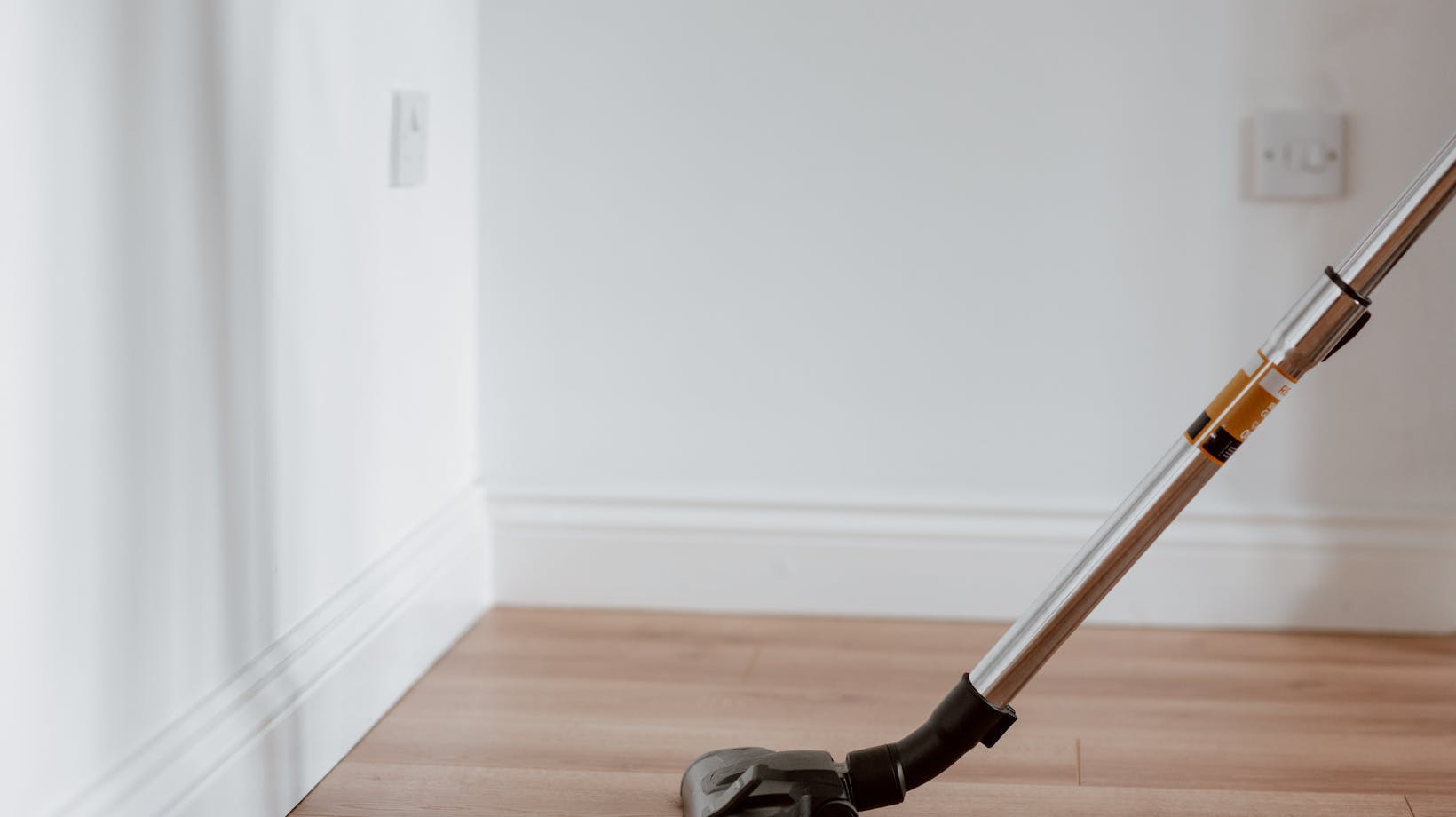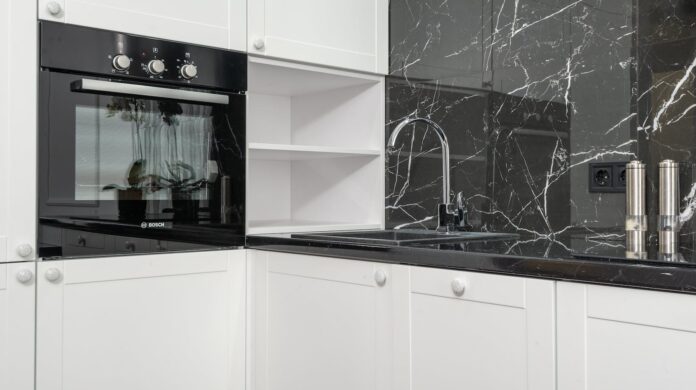Home appliances are modern conveniences that simplify everyday chores. However, even reliable brands and models occasionally experience technical problems that interfere with their operation. In this article, we’ll look at some of the most common problems that can occur with washing machines, refrigerators, dishwashers, and other household appliances.
In addition, we will provide tips on troubleshooting, choosing spare parts for household appliances that will help you fix many common problems yourself, as well as recommendations on when to contact a professional appliance repair technician.
Washing Machine Malfunctions
Washing machines are complex appliances that depend on the proper functioning of many components during the wash and rinse cycles. The three most common problems with washing machines are:
- Water leaks;
- The washing machine does not start;
- Noise/vibration problems.
Water leaks
Leaks are most often caused by leaky doors or hose connections. They can lead to water damage and mold growth. Check the seals and hoses for cracks and replace any damaged parts.
The washing machine does not start
If the washer won’t start or stops mid-cycle, the timer, control board, or other electronics may be faulty. Start troubleshooting by turning the appliance off and on. If the problem persists, professional repair is recommended.
Noise/vibration problems
An unbalanced drum, faulty bearings, worn motor parts, or loose mounting can cause uncharacteristic sounds or shaking. Check the balance and suspension parts; bearings may need to be lubricated or replaced and loose components should be tightened.
Refrigerator Breakdowns
Refrigerators regulate temperature through cooling lines, compressors, evaporators, and other internal parts. Some common problems with refrigerators include:
- Insufficient cooling;
- Ice buildup;
- Leaks.
Insufficient cooling
If your refrigerator or freezer isn’t cooling properly, it could be due to dirty condenser coils, low refrigerant levels, control failures, or compressor problems. Cleaning the condenser coils may help, but a qualified service technician is required to repair defects in the internal parts.
Ice buildup
Excessive ice buildup in the freezer compartment may indicate a problem with the door seal, a clogged defrost drainage hole, or a malfunction of the automatic defrost mechanism. Check and thoroughly clean these components; replace damaged seals or parts as appropriate.
Leakage
Water buildup under or around the refrigerator usually indicates an internal leak from the defrost drain lines, water valves, or hoses. Determine the fault and replace the leaking components to avoid the risk of water damage.

Dishwasher Malfunctions
The main dishwasher components that most often fail include the wash arms, filters, drainage systems, and detergent dispensers:
- Poor cleaning;
- Water leakage;
- Detergent problems.
Poor cleaning
Low water pressure or clogged hoses or filters result in incomplete removal of dirt and limescale. Check the pressure level and thoroughly clean the nozzles and filters to restore dishwashing performance.
Water leakage
Door seals, hoses, and inner tubes are vulnerable to cracks that can allow water to leak. Check and replace any defective parts of the water supply system.

Problems with detergent
Too little or too much detergent during the wash cycles indicates a detergent dispenser problem. Run empty test cycles while monitoring the amount of detergent dispensed; repair or replace the dispenser accordingly.
Maintenance Tips And Professional Advice
Many minor problems with your washing machine, refrigerator or dishwasher can be resolved with simple home repairs, such as inspecting, cleaning or replacing the main components. However, technical malfunctions related to complex control mechanisms, compressor problems, or appliance motor malfunctions usually require the involvement of a certified appliance repair specialist. If your efforts fail to restore full appliance functionality, contact a professional for advanced diagnostics and troubleshooting. Thorough periodic cleaning and regular maintenance check-ups will also help to avoid many serious appliance breakdowns in the future.
Conclusion
Home appliances do malfunction from time to time, especially after years of continuous use. Many common problems with washing machines, refrigerators, and dishwashers can be detected by sensory clues such as leaks, strange noises, or malfunctions. In many cases, the root cause of a breakdown can be successfully resolved with careful self-exploration and troubleshooting. However, in the case of complex or risky appliance defects, trust qualified technicians to ensure both effective troubleshooting and personal safety. Preventive maintenance extends the life of even the most reliable appliances. With a certain amount of vigilance for atypical symptoms and appropriate response, most appliances can serve reliably for decades.


